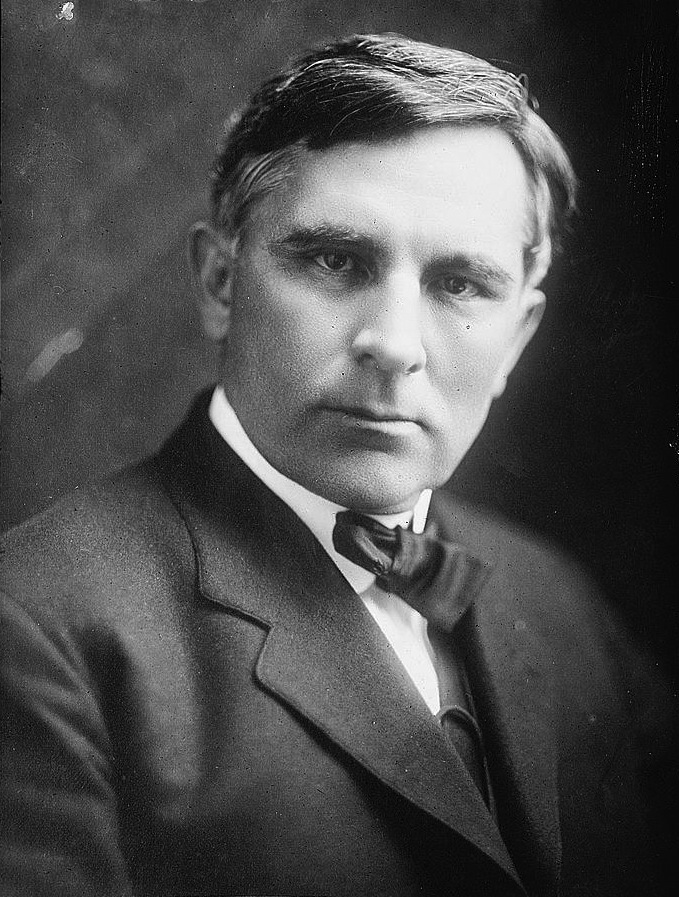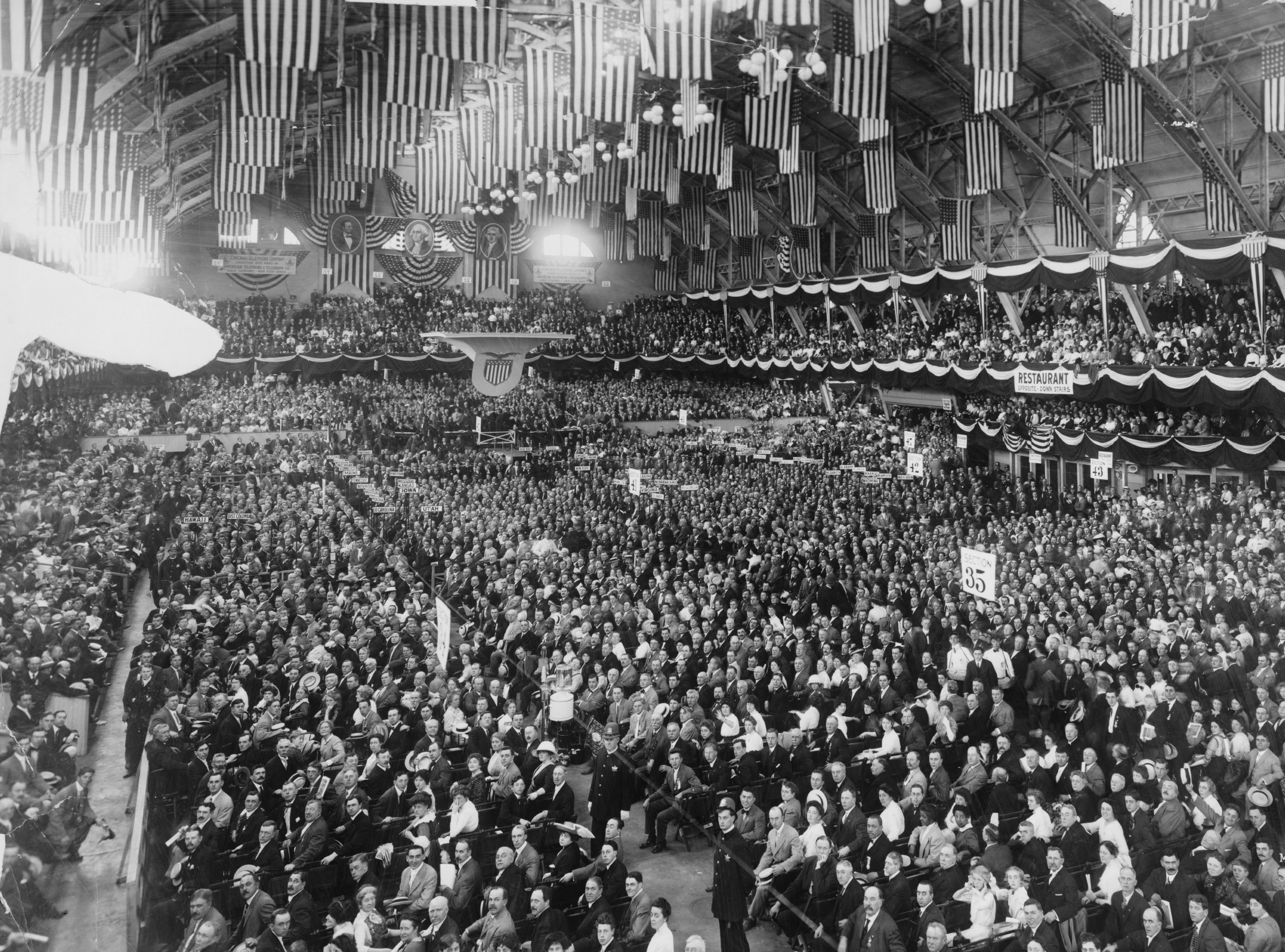|
1912 North Carolina Gubernatorial Election ...
The 1912 North Carolina gubernatorial election was held on November 5, 1912. Democratic nominee Locke Craig defeated Progressive nominee Iredell Meares with 61.35% of the vote. General election Candidates Major party candidates *Locke Craig, Democratic *Thomas Settle, Republican Other candidates *Iredell Meares, Progressive *H.E. Hodges, Socialist Results References {{1912 United States elections 1912 North Carolina Gubernatorial A governor is an politician, administrative leader and head of a polity or Region#Political_regions, political region, ranking under the Head of State, head of state and in some cases, such as governor-general, governors-general, as the head of ... [...More Info...] [...Related Items...] OR: [Wikipedia] [Google] [Baidu] |
Locke Craig
Locke Craig (August 16, 1860 – June 9, 1924), an American lawyer and Democratic politician, was the 53rd governor of the U.S. state of North Carolina, serving from 1913 until 1917. Early and family life Craig was born near Windsor, Bertie County, North Carolina on August 16, 1860 to Baptist minister and farmer Andrew Murdock Craig (1806-1874) and his second wife Clarissa Rebecca Gilliam (1828-). He was named for the Scottish philosopher John Locke. His paternal ancestors had emigrated from Scotland before the American Revolutionary War. By 1870, his elder half-brothers William Craig (b. 1835), Clenzman Craig (b.1841) and Andrew Craig Jr. (b.1848) had left home, and he and his youngest brother Braxton Craig were away at school. Craig attended the Horner Military Academy in Granville County run by former Confederate officer James Horner. Following his father's death in 1874, his mother sold the family farm and moved with the 15 year old Locke to Chapel Hill. He graduated from t ... [...More Info...] [...Related Items...] OR: [Wikipedia] [Google] [Baidu] |
Iredell Meares
Iredell Meares (December 15, 1856 - September 1931) was a lawyer, public speaker, and politician in North Carolina. His obituary describes him as one of lower Cape Fear's most colorful characters. Early life He was born in Raleigh, North Carolina into a prominent family. His family's finances were wrecked by the Civil War and father died in 1871. A Democrat, he became an independent, then a Republican, and ran for governor as a Progressive. He reportedly sent his co-counsel a poem in lieu of a fee. He served as deputy of customs in Wilmington. He testified on the proposed establishment of a Department of Education in Washington D.C. He was a lawyer for the Sentinels of the Republic. He was a Progressive Party candidate in the 1912 North Carolina gubernatorial election. Later in his career he worked in Washington D.C. He owned two Albert Rosenthal etchings, one of James Iredell. He was married to Josephine Meares. They had a daughter. He died September 1931 in Wilmington, N ... [...More Info...] [...Related Items...] OR: [Wikipedia] [Google] [Baidu] |
Thomas Settle (North Carolina, 53rd–54th Congress)
Thomas Settle (March 10, 1865 – January 20, 1919) was an American lawyer who served for two terms as a member of the U.S. House of Representatives from North Carolina from 1893 to 1897. Settle was the son of Thomas Settle, a judge and politician in North Carolina, and a grandson of Thomas Settle (1789–1857), also a U.S. Representative from North Carolina. Biography Thomas Settle was born near Wentworth, Rockingham County, N.C., on March 10, 1865. He attended the public schools and Georgetown University, studied law in Greensboro, N.C.; was admitted to the bar in 1885 and commenced practice in Wentworth. Career Settle served as solicitor of the ninth judicial district (1886–1894) before he was elected as a Republican to the Fifty-third and Fifty-fourth Congresses (March 4, 1893 – March 3, 1897). Settle was chairman of the Committee on Expenditures on Public Buildings during the Fifty-fourth Congress. He was an unsuccessful candidate for reelection in 1896 ... [...More Info...] [...Related Items...] OR: [Wikipedia] [Google] [Baidu] |
William Walton Kitchin
William Walton Kitchin (October 9, 1866 – November 9, 1924) was an American attorney and the 52nd governor of the U.S. state of North Carolina from 1909 to 1913. Early life and family W.W. Kitchin was the son of William H. Kitchin and Maria Figures Arrington. He was born in Scotland Neck, NC. He was the brother of Claude Kitchin and the uncle of Alvin Paul Kitchin, each of whom served in the U.S. Congress. He graduated from Wake Forest College in 1884, studied law at the University of North Carolina at Chapel Hill, and passed the North Carolina Bar examination in 1887. He practiced law in Roxboro, NC. On 22 December 1892, W.W. Kitchin married Sue Musette Satterfield of Roxboro, NC. They had six children: Sue Arrington (22 October 1893 – 5 August 1954), William Walton (16 August 1895 – 30 September 1905), Anne Maria (23 October 1897 – 16 January 1995), Elizabeth Gertrude (19 December 1899 – 9 September 1979), Clement Satterfield (19 June 1902 – 21 December 1930), ... [...More Info...] [...Related Items...] OR: [Wikipedia] [Google] [Baidu] |
Democratic Party (United States)
The Democratic Party is one of the two major contemporary political parties in the United States. Founded in 1828, it was predominantly built by Martin Van Buren, who assembled a wide cadre of politicians in every state behind war hero Andrew Jackson, making it the world's oldest active political party.M. Philip Lucas, "Martin Van Buren as Party Leader and at Andrew Jackson's Right Hand." in ''A Companion to the Antebellum Presidents 1837–1861'' (2014): 107–129."The Democratic Party, founded in 1828, is the world's oldest political party" states Its main political rival has been the Republican Party since the 1850s. The party is a big tent, and though it is often described as liberal, it is less ideologically uniform than the Republican Party (with major individuals within it frequently holding widely different political views) due to the broader list of unique voting blocs that compose it. The historical predecessor of the Democratic Party is considered to be th ... [...More Info...] [...Related Items...] OR: [Wikipedia] [Google] [Baidu] |
Progressive Party (United States, 1912)
The Progressive Party was a third party in the United States formed in 1912 by former president Theodore Roosevelt after he lost the presidential nomination of the Republican Party to his former protégé rival, incumbent president William Howard Taft. The new party was known for taking advanced positions on progressive reforms and attracting leading national reformers. The party was also ideologically deeply connected with America's indigenous radical-liberal tradition. After the party's defeat in the 1912 presidential election, it went into rapid decline in elections until 1918, disappearing by 1920. The Progressive Party was popularly nicknamed the "Bull Moose Party" when Roosevelt boasted that he felt "strong as a bull moose" after losing the Republican nomination in June 1912 at the Chicago convention. As a member of the Republican Party, Roosevelt had served as president from 1901 to 1909, becoming increasingly progressive in the later years of his presidency. ... [...More Info...] [...Related Items...] OR: [Wikipedia] [Google] [Baidu] |
North Carolina Gubernatorial Elections
North is one of the four compass points or cardinal directions. It is the opposite of south and is perpendicular to east and west. ''North'' is a noun, adjective, or adverb indicating direction or geography. Etymology The word ''north'' is related to the Old High German ''nord'', both descending from the Proto-Indo-European unit *''ner-'', meaning "left; below" as north is to left when facing the rising sun. Similarly, the other cardinal directions are also related to the sun's position. The Latin word ''borealis'' comes from the Greek '' boreas'' "north wind, north", which, according to Ovid, was personified as the wind-god Boreas, the father of Calais and Zetes. ''Septentrionalis'' is from ''septentriones'', "the seven plow oxen", a name of ''Ursa Major''. The Greek ἀρκτικός (''arktikós'') is named for the same constellation, and is the source of the English word ''Arctic''. Other languages have other derivations. For example, in Lezgian, ''kefer'' can mean ... [...More Info...] [...Related Items...] OR: [Wikipedia] [Google] [Baidu] |
1912 United States Gubernatorial Elections
United States gubernatorial elections were held in 1912, in 33 states, concurrent with the House, Senate elections and presidential election, on November 5, 1912 (except in Arkansas, Georgia, Maine and Vermont). In addition, there was a special election in Georgia on January 10, 1912. In Rhode Island, the governor was elected to a two-year term for the first time, instead of a one-year term. In Vermont, the gubernatorial election was held in September for the last time, moving to the same day as federal elections from the 1914 elections. Results Special election (January 1912) Regular elections (Autumn 1912) See also *1912 United States elections The 1912 United States elections elected the members of the 63rd United States Congress, occurring during the Fourth Party System. Amidst a division between incumbent Republican President William Howard Taft and former Republican President Theod ... ** 1912 United States presidential election ** 1912–13 United S ... [...More Info...] [...Related Items...] OR: [Wikipedia] [Google] [Baidu] |


